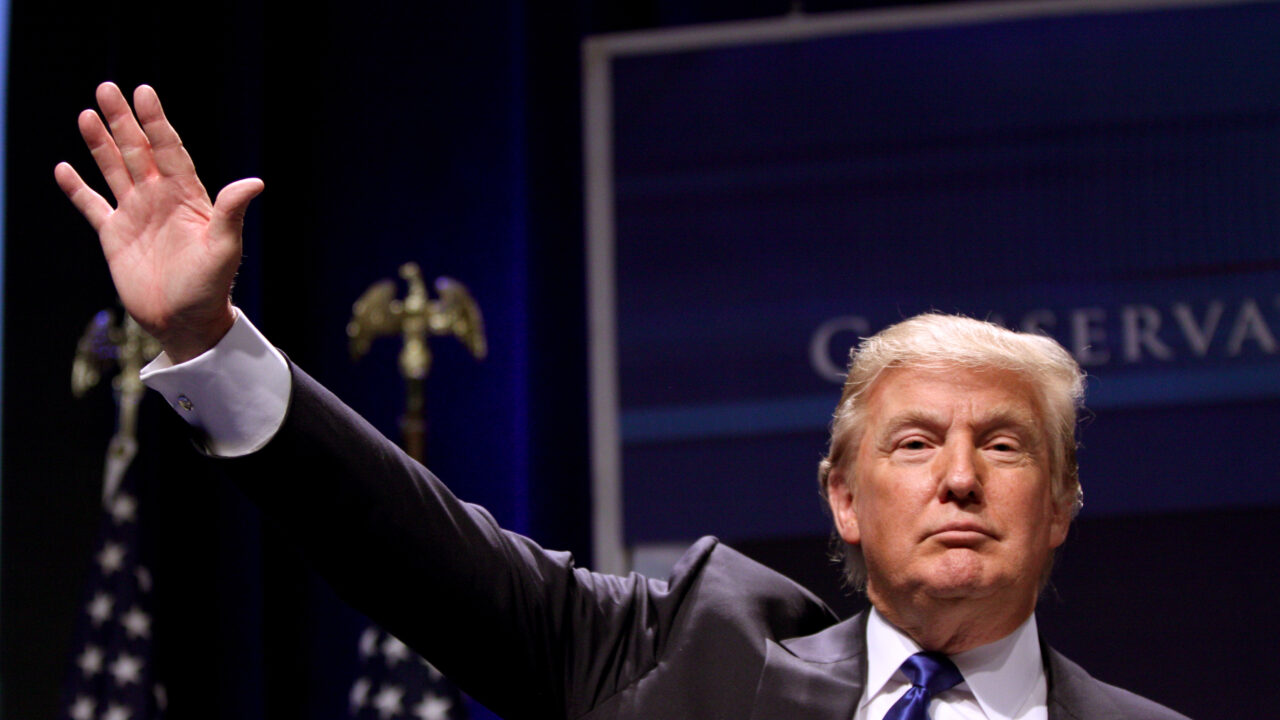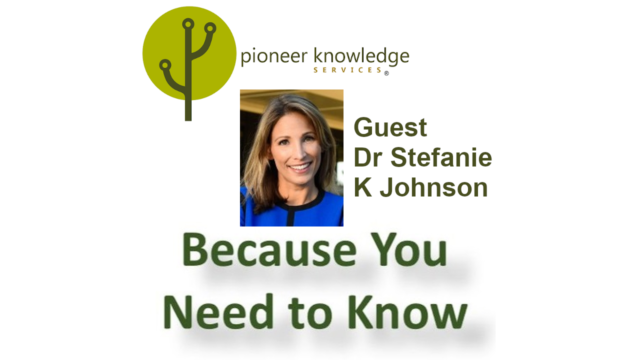
The X Factor: 3 Perspectives on Donald Trump’s Appeal
What is Donald Trump’s secret to getting everyone’s attention? This is the question supporters and critics alike want to know.
Donald Trump, the 2016 Presidential Campaign candidate, has made headlines and dominated Google Search. Not that he was an obscure figure before his presidential big due to his own claim of $10 billion net worth and fame from his NBC reality show, The Apprentice. Having inspired loud followers and decriers, it cannot be denied that he commands attention. Brian Solis argues that attention is a precious commodity in digital spaces and so it is too in the time-pressed modern world. So how does Donald demand attention? Can others, individuals and organisations, take a lesson from Trump?
Utilising recent studies from marketing, sociology and media studies, the following three perspectives shed some light on Donald Trump’s charm:
- Emotional Appeal – “How advertising research explains Donald Trump’s profound appeal” by Jon D. Morris and Taylor Wen (2015)
The influence of emotions have been noted by researchers Morris and Wen, particularly in Trump’s case, the links between appeal, engagement and empowerment. Simply put, positive and negative feelings (appeal) at a particular level of intensity (engagement) leads to a feeling of control (empowerment). A fascinating aspect of empowerment is explained by Morris and Wen:
Think about the emotions anger and fear. They’re both low in appeal (no one wants to feel angry or fearful) but have high levels of engagement.
So what makes these two emotions so distinctive from each other? Empowerment. When you’re scared, you feel like you’re not in control. But when you’re angry, you feel the irresistible urge to speak out and take action.
What Donald Trump does when he issues out his (in)famous polarising opinions is he frames the issues to create anger, rather than fear. This type of appeal leads to a strong level of emotion and an empowerment to participate in the conversation. This can be through defending or arguing with his opinions. It also has “the added benefit of making [Trump] appear in control” as Morris and Wen note – Trump, too, is empowered as he is steering the conversation.
Trump’s appeal of course cannot be pinned down to one element, his public speaking skills and the way he frames complex issues into simple Us vs. Them scenarios certainly bolsters his position. The way Donald Trump appeals to emotions though helps to explain his charm despite his negative and divisive messages, which actually feeds into his appeal.
- Charisma – “The missing link? Investigating organizational identity strength and transformational leadership climate as mechanisms that connect CEO charisma with firm performance” by Stephan A. Boehm, David J.G. Dwertmann, Heike Bruch and Boas Shamir (2014)
In leadership studies, and notably also celebrity studies, charisma is often described as the missing link that sets a person apart from the masses. This may manifest in outcomes involving success and fame – adoration and notoriety. One recent study by Beohm, Dwertmann, Bruch and Shamir, examines the ways in which an organisational leader’s charisma might influence its performance. Clearly leadership qualities and charisma are linked but how it leads to success is explored in the study. The study on the missing link is applicable to Trump as his appeal may be explained by his charisma and its influence over his party’s future. Drawing on this research, charismatic leaders can influence performance by:
- Presenting a compelling vision – think of Trump’s slogan “Make America Great Again!” (a compelling vision originating and popularised by Ronald Reagan)
- Having confidence in their supporter’s abilities – described in the media as “a perpetual confidence machine”
- Providing a focal point that increases intra-organisation ties – he focuses the attention on himself instead of the processes of politics such as the forgoing of the potential presidential salary.
- Encourages collective identity – Trump cleverly draws on the great American dream so he frames allegiance with him as being part of America’s future, instead of relying on two-party rhetoric of Republican versus Democrat.
- By providing intellectual stimulation and changing the status quo– Trump’s simplified framing of issues was noted by Morris and Wen. This stimulates discussion as the solution appears to be easy and actionable. Trump also deviates from the status quo of what is expected from a politician enough to compel attention.
All these five factors show how Trump can and has mobilised his charisma to strengthen his party’s identity and become one of the forerunners for the GOP.
Conversely, it could be argued that the unpredictable Trump can adversely affect the Republican’s performance as a conservative party. It explains the way his supporters are sometimes divided for example over Trump’s remark about John McCain: they were torn between the historic respect for the military and disrespect towards the government. These issues not only call into question Trump’s ability to be the Republican Candidate or even President but show how a representative of a party can influence its outcomes.
- Representation of the Real Self – “Introduction: Reacting to Reality Television” by Beverley Skeggs and Helen Wood (2012)
How does Donald Trump, a super rich billionaire, appeal to the masses when he is much more privileged than most of his supporters? How does he inspire people to think “He’s like one of us”? Trump has made himself a focal point of his campaign – his eccentric fashion and his politically incorrect comments are all part of his presentation of his real self. This media perspective is particularly apt seeing as Trump has starred in a reality television show.
Two aspects in Skeggs and Wood’s study is particularly relevant: individualisation of the self and social governance. The former shows how reality television uncovers ‘ordinary’ people and makes them aware of their value. Applied Trump’s case, reality television did the opposite. Since Trump is well aware of and markets his own value, reality television set Trump up as an extraordinary individual with great power. Moreover, current media footage of him in press conferences deviating from the status quo, name-calling and shocking the audience has become part of Trump’s presentation of his ‘real’ self. Trump has represented himself as an individual unlike any other politician.
Nonetheless, the way reality television and media supposedly reveals the intimate real self also opens this self up to social governance. Skeggs and Woods wrote “the media makes areas of life that were previously invisible visible and subject to public judgement”, noting that Bush was observed “emoting wrongly at the news of 9/11”. So the world continues to watch and judge Trump, Trump who is representing or perhaps performing his real self not just on televised debates and interviews but also on social media. It’s no wonder that one of top questions asked of Google in the July period was “Who is Donald Trump?” Whatever details Trump reveals, he continues to entertain the audience and draw viewers from across the world.
Donald Trump’s appeal can be explained in three ways – his emotional appeal, charisma and realistic representation on media. These factors together help to create and maintain the attention of his audience.
3 lessons Organisations and Individuals can take from this:
- Have a strong vision – Trump is a politician, billionaire, TV personality and more. The strong vision helps present a confident and in control personality and/or organisation. Charisma is said to be innate but charismatic behaviour and qualities can be learnt and executed for success by anyone.
- Empower your clients – if you make them feel intensely enough about your vision, they will emotionally engage and be more likely to listen and engage with you and your organisation.
- Keep it real – Focus on what is unique about you or your organisation. Let the audience through behind the scenes with pictures and stories. This helps the audience feel like they get to know the ‘real’ you.
Image source: Donald Trump at CPAC 2011 in Washington, D.C. Photo by Gage Skidmore is licensed by CC BY-SA 2.0.
Also published on Medium.






